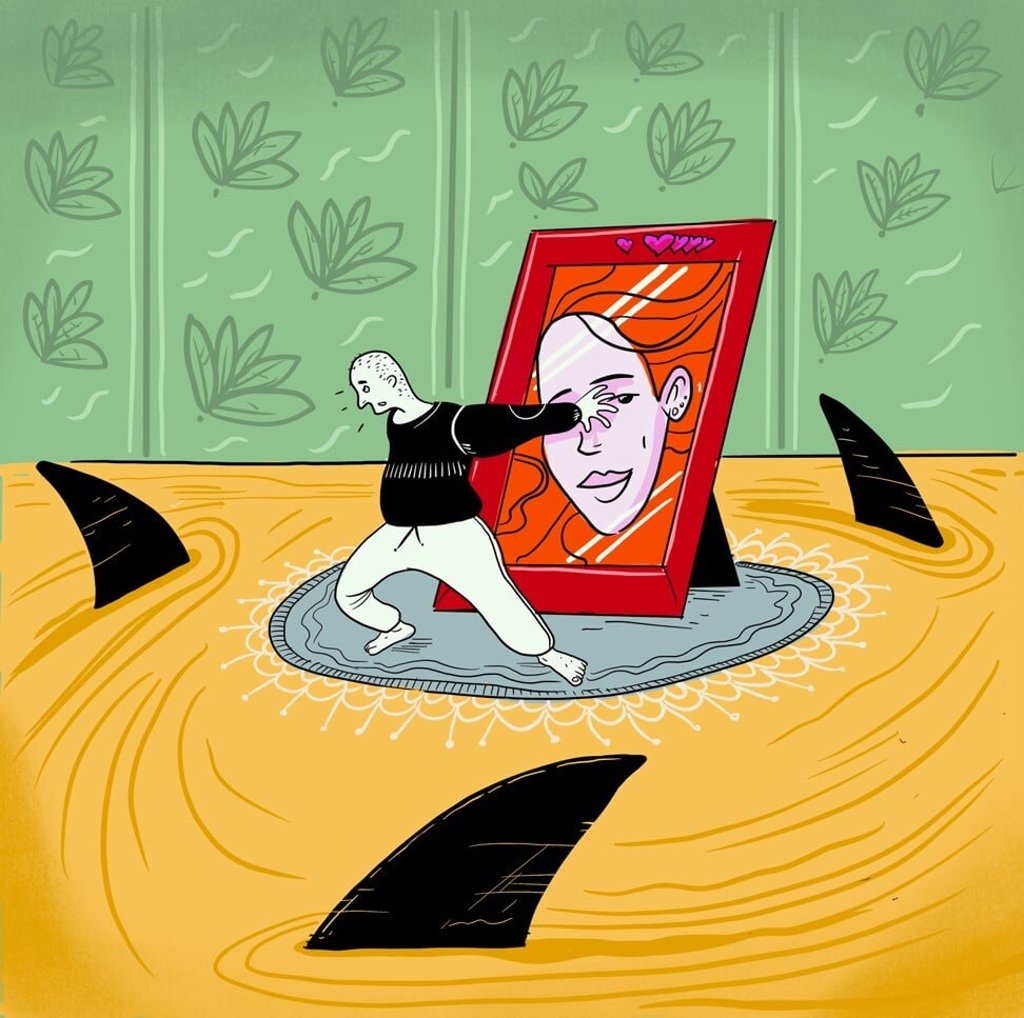The Naked Truth | ‘I’m not good enough’: how to help an insecure partner and keep jealousy and doubt out of your relationship
- To fully get to grips with why your partner is feeling insecure, you first need to understand what causes insecurity in a relationship
- It’s essential to encourage your partner to become more independent and help them learn to trust themselves

Dealing with an insecure partner can be very emotionally draining. If it’s not dealt with properly and allowed to spiral out of control, this kind of negativity could ultimately ruin a relationship.
When you are in a healthy relationship, everything comes together naturally and both of you seem to match seamlessly. You feel safe physically and emotionally together and there is no problem with trust, because you act as a team and are supportive of each other.
But if there is insecurity in a relationship, negative emotions like jealousy or paranoia could run rampant and threaten to destroy your partnership.
If your partner is feeling insecure, you need to find out what’s putting them in such a state. It could be something they experienced in the past; maybe their needs aren’t met by your relationship; or it could simply be down to their character (i.e. they lack self-confidence and have a suspicious nature).

To deal with an insecure partner effectively, you first need to understand what causes insecurity in a relationship. Christine Deschemin, a certified hypnotherapist and founder of the Hong Kong-based Renewed Edge Hypnotherapy Centre, says insecurity stems from deep-seated negative beliefs about oneself.
“These beliefs are clearly at play when your inner talk includes ‘I am not good enough’, ‘I am worthless’, or ‘I am unlovable’. In other words, the root of insecurity is fear. The causes almost always predate the relationship and include negative experiences, rejection, social anxiety, and/or a critical parent or partner.
